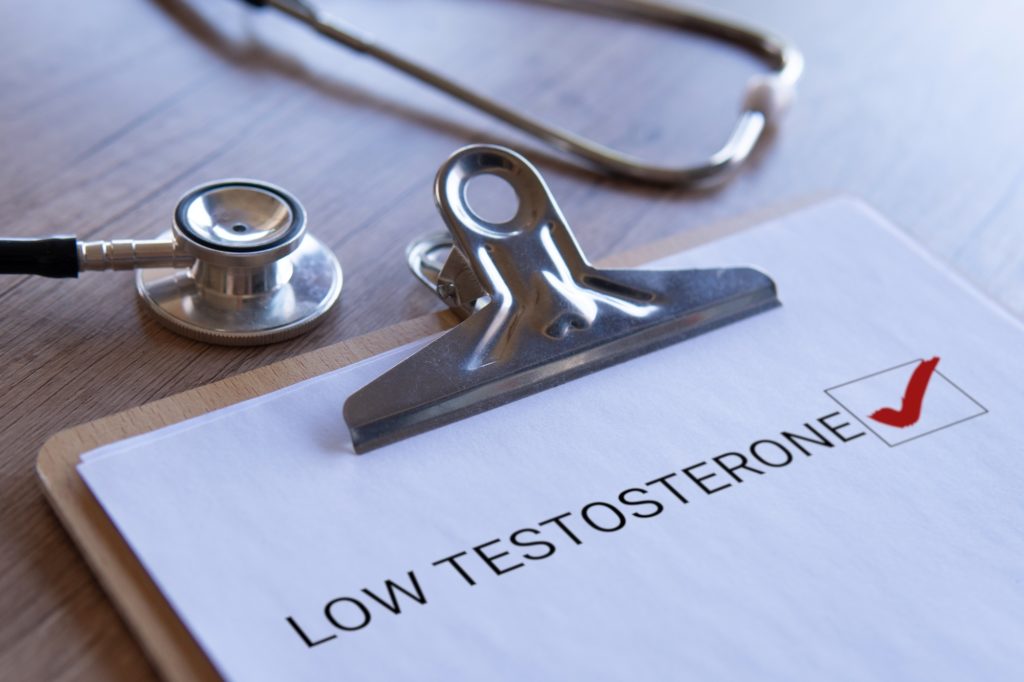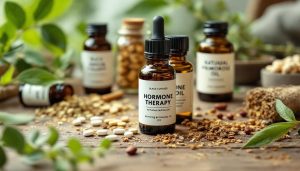Aging brings many visible changes—graying hair, slower recovery, and perhaps a few extra aches. But one of the most significant shifts in a man’s health as he grows older often happens silently and gradually: the decline in testosterone.
Testosterone is more than just the “male hormone.” It plays a key role in energy, mood, muscle mass, libido, bone density, and overall vitality. As levels begin to drop—typically starting in a man’s 30s and continuing more noticeably into his 50s and beyond—many men experience subtle but frustrating changes in both body and mind. And yet, it’s a topic that’s often brushed aside or buried under pride and silence.
Here’s a deeper look at the struggles older men face due to decreasing testosterone, and why understanding and addressing it is critical to aging well.
Physical Changes
1. Loss of Muscle Mass and Strength
One of the most common and noticeable effects of low testosterone is sarcopenia, the gradual loss of muscle mass. Even men who’ve been physically active their whole lives may find it harder to build or maintain muscle as testosterone declines.
The struggle: This can lead to frustration, loss of motivation to work out, and a feeling of losing one’s physical edge.
2. Weight Gain and Increased Fat Storage
Low testosterone is linked with higher body fat, particularly around the midsection. This can further fuel insulin resistance and inflammation.
The struggle: Men may feel like they’re “doing everything right” but still gaining weight, leading to discouragement or even shame.
3. Decreased Bone Density
Testosterone supports strong bones. As levels fall, bones can become more fragile, increasing the risk of fractures and osteoporosis—a condition often overlooked in men.
Sexual Health and Libido
4. Reduced Sex Drive
A decrease in libido is one of the most personal and emotionally charged symptoms. It can impact self-esteem, relationships, and identity.
The struggle: Men often don’t feel comfortable talking about changes in their sex drive, which can lead to emotional distance, relationship strain, or feelings of inadequacy.
5. Erectile Dysfunction
While testosterone isn’t the only factor involved in erectile function, it plays a role in sexual performance. Its decline can contribute to reduced frequency or firmness of erections.
The struggle: Beyond the physical, the psychological impact can be immense, especially for men who tie their sense of masculinity to sexual performance.
Mental and Emotional Impact
6. Mood Swings, Irritability, and Depression
Testosterone affects neurotransmitters like serotonin and dopamine, which regulate mood. Men with low T often report feeling more anxious, irritable, or emotionally flat.
The struggle: Because men are often socialized to suppress emotional expression, these changes may go unrecognized or unspoken, intensifying feelings of isolation.
7. Cognitive Fog and Memory Issues
Some men notice it becomes harder to focus, stay sharp, or recall things quickly. This mental fog can be unsettling.
The struggle: The fear of cognitive decline or early signs of aging can be stressful and demoralizing.
Energy and Motivation
8. Fatigue and Decreased Stamina
Even after a full night’s sleep, men with low testosterone often feel drained. The zest for life, work, or hobbies may wane.
The struggle: Low energy can affect productivity, relationships, and the desire to stay active—creating a cycle that further diminishes well-being.
Breaking the Silence
Too many men suffer quietly, brushing off these symptoms as just “getting older.” But the truth is, hormonal decline is a real, medical issue—not a weakness. Speaking with a healthcare provider can open the door to understanding, testing, and managing testosterone levels safely.
Options may include:
- Lifestyle changes (diet, exercise, sleep, stress management)
- Testosterone replacement therapy (TRT), when appropriate
- Nutritional support (e.g., vitamin D, zinc, omega-3s)
- Counseling or support groups for emotional well-being
Final Thoughts
The decline in testosterone is a natural part of aging—but suffering in silence doesn’t have to be. Older men deserve compassion, understanding, and accessible solutions for the very real challenges they face.
Addressing low testosterone isn’t about chasing youth. It’s about preserving quality of life—staying strong, present, and connected in the most meaningful ways.
Men, your well-being matters. Speak up, seek support, and remember: aging well begins with taking care of the whole you—body, mind, and spirit.
















